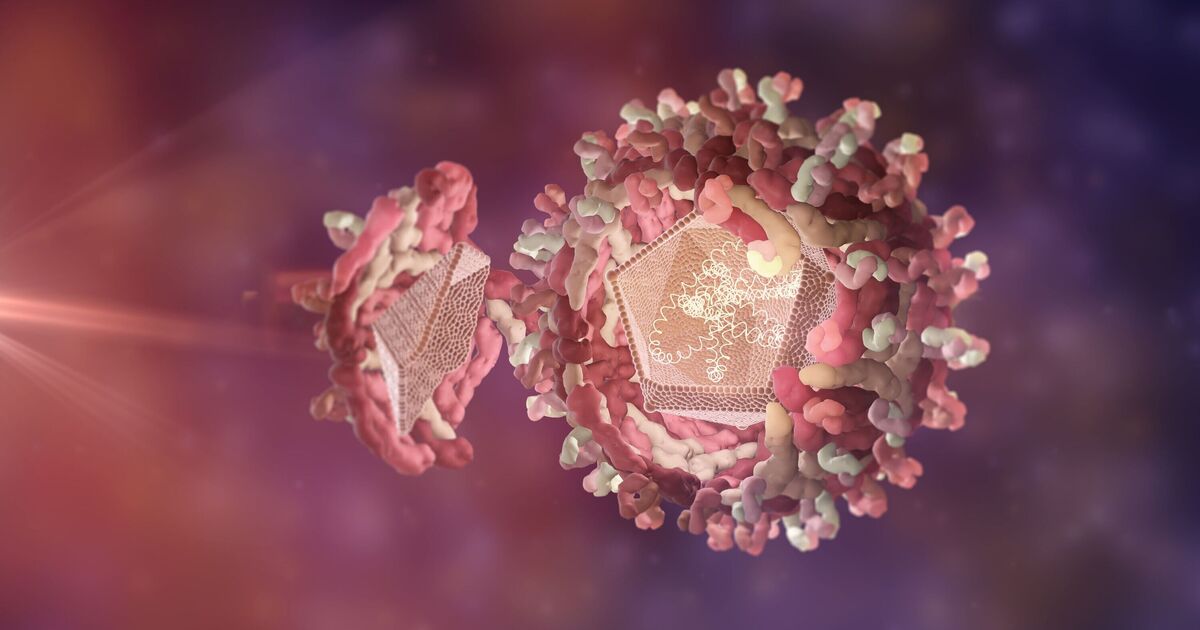A deadly virus has infected more than 989 people in 13 countries this summer, a sharp increase from what is normal for this period. The West Nile virus, named after the West Nile district of Uganda, is found in many parts of the world, including North America, Europe, Africa, the Middle East, Australia and Asia. It is the most common mosquito-transmitted virus in the US. According to The Sun, at least 63 people have died over the past few months alone, with popular British tourist hotspot Italy the worst hit, followed by Greece, Serbia and France.
This makes the debilitating virus coming closer to the UK than ever. For the majority of people, the bug won’t cause any symptoms at all. But about 1 in 5 people have a fever, headache, body aches and other flu-like symptoms, according to Cleaveland Clinic. The symptoms typically take two to 14 days to appear after infection and should go away within three to six days, according to the UK Health Security Agency. Rarely, West Nile virus infects the nervous system and causes serious brain or spinal cord inflammation, and even death.
Since June 2025 and up to September, 13 European countries have reported 989 cases of West Nile virus leading to 63 deaths, according to infection data from the European Centre for Disease Prevention and Control (ECDPC).
Most infections were in Italy (714), followed by Greece (91), Serbia (60), France (42), Romania (36) and Spain (23).
In 2025, infection numbers have already surpassed the 10-year average of 687 cases for this period. However, they are still lower than the surges observed in 2018, 2022, and 2024, when over 1,000 infections had been recorded by the same point.
A British man from Hampshire who caught West Nile virus and became seriously ill has been raising awareness about the issue. Bitten in Goa, India, he is one of deven UK residents who have caught the virus from abroad.
He said he went from being “a fit and able person” to someone who was “disabled and has to think about what they can and can’t do on a day-to-day basis”.
He told the BBC: “The symptoms presented like a stroke. It was really worrying.
“I had weakness down the left hand side, palsy on the left hand side and I got tremors… the weakness and tremors are still there a year on.”
Most commonly, people infected with the bug may experience:
- Headaches
- Body aches and joint pain
- Vomiting
- Diarrhoea
- Rash
- Fever
- Swollen lymph nodes
The ECDPC report says: “Given that the weather conditions are becoming less favourable for WNV transmission in Europe, the number of human cases and outbreaks in equids and birds is expected to decrease in the coming weeks. In previous years, the peak of transmission was observed in August–September.”
There is no vaccine for the virus but the University of Liverpool, along with The Pandemic Institute, is trying to create one that would also incorporate other mosquito-borne diseases.
